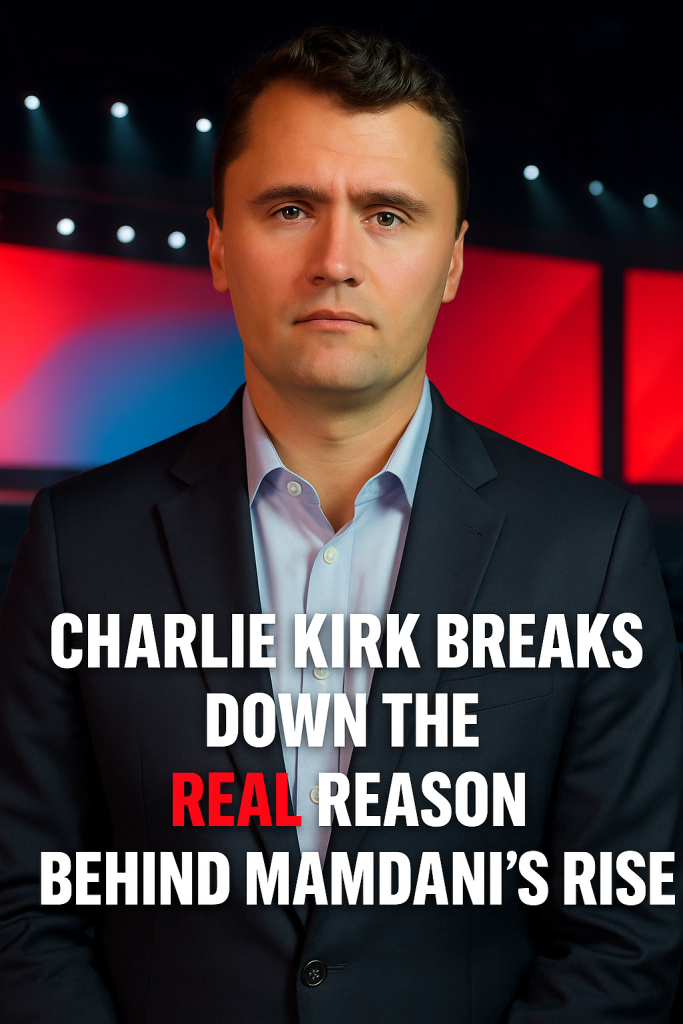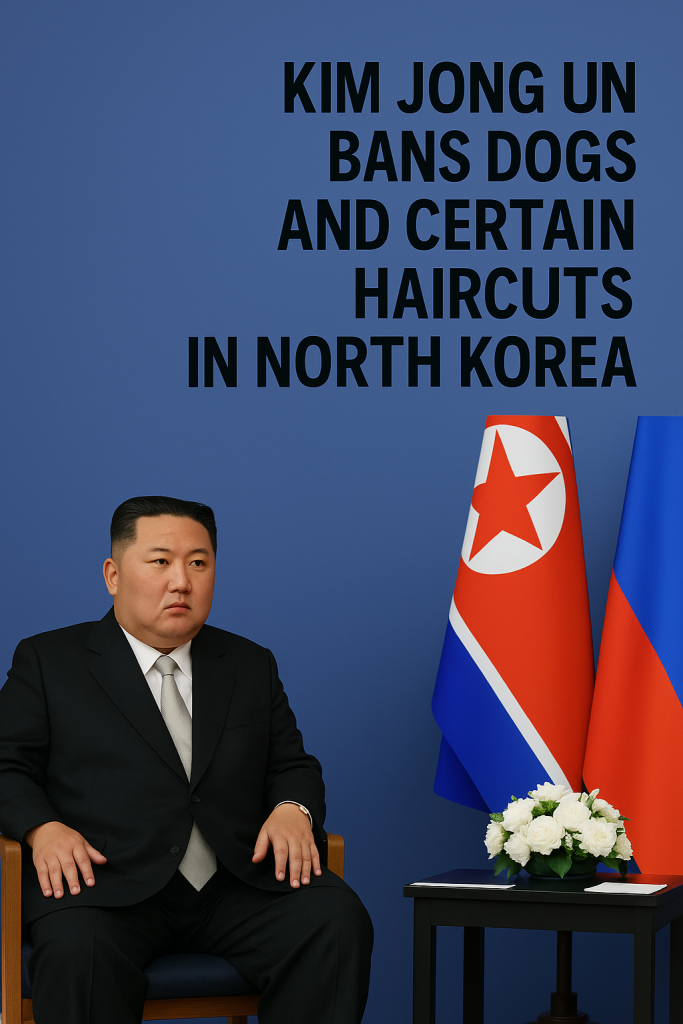In a recent analysis that has stirred considerable discussion within political circles, conservative commentator Charlie Kirk offered an in-depth breakdown of why voters are increasingly drawn to the progressive and socialist policies championed by Zohran Mamdani. Known for his outspoken conservative perspective, Kirk’s assessment sheds light on the shifting political landscape and sounds a cautionary note to Republicans about underestimating this growing movement.
Zohran Mamdani’s Rise and Radical Platform
Zohran Mamdani, a young and vocal progressive figure, has rapidly gained traction by advocating for bold policy initiatives often labeled as radical by conservative critics. His platform includes proposals focusing on economic equity, affordable housing, expanded healthcare, and systemic change aimed at addressing long-standing social injustices. This agenda resonates deeply with younger voters and disenfranchised communities seeking alternatives to the traditional political establishment.
Kirk’s Analysis of Voter Motivations
According to Kirk, the appeal of Mamdani’s radical agenda stems from a pervasive sense of frustration with the current political status quo. He emphasizes that many voters feel left behind by mainstream politicians on both sides of the aisle, leading them to embrace more transformative ideas that promise sweeping change. Kirk suggests that Mamdani’s message taps into this energy by offering an unfiltered critique of systemic inequalities and advocating for solutions that challenge entrenched power structures.
“The drive toward more progressive policies is not just ideological,” Kirk explains, “it’s deeply rooted in economic anxiety, community disillusionment, and a demand for genuine representation.” This, he argues, is the real reason why campaigns pushing socialist-inspired reforms are gaining momentum in districts once considered politically secure.
The Warning to Republicans
Perhaps most striking in Kirk’s commentary is his direct warning to the Republican Party. He cautions that ignoring or dismissing the growing progressive movement — exemplified by Mamdani’s ascent — could prove costly in upcoming elections. Kirk highlights that Republicans often risk alienating moderate and younger voters if they fail to adapt or address the underlying issues driving the shift.
He advocates for a strategic recalibration that goes beyond traditional conservative rhetoric, urging Republicans to engage with the concerns fueling voter enthusiasm for Mamdani’s policies. This includes addressing economic inequality, housing crises, and healthcare access with practical solutions, rather than solely focusing on ideological opposition.
Implications for 2024 and Beyond
As the 2024 election cycle approaches, the dynamics illustrated by Kirk’s analysis underscore a broader realignment within the American electorate. Progressive candidates like Zohran Mamdani are no longer fringe players but are instead capturing significant voter attention by addressing urgent social and economic issues head-on.
The Republican Party faces a critical choice: continue with traditional strategies that may fail to resonate with an evolving voter base or innovate tactics that speak to new priorities while maintaining core values. Kirk’s breakdown suggests that the latter approach could be essential to counter the rising tide of progressive activism and preserve political competitiveness.
Conclusion
Charlie Kirk’s commentary on Zohran Mamdani’s growing appeal offers a nuanced perspective on the changing political currents in America. By highlighting the root causes driving voters toward radical progressive agendas and warning against complacency within conservative ranks, Kirk invites a broader conversation about how political parties must evolve in a rapidly transforming landscape. As the nation gears up for pivotal elections, understanding these shifts may prove crucial for predicting future political outcomes and strategies.



